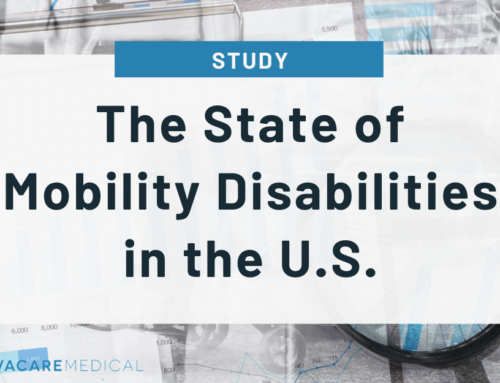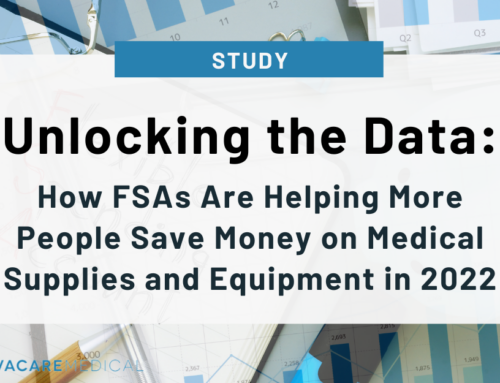Unexpected medical bills are a constant worry for many Americans. It can be extremely difficult to plan how much an accident or medical condition might cost. Even a bad flu can set back your budget and drain your savings.
Unfortunately, surprising medical expenses are pretty unavoidable. Even some of the best insurance plans have deductibles that are just not feasible for people who live paycheck to paycheck. Here are a few ways you can mitigate those costs.
Double Check Before You Pay a Medical Bill
If you get a medical bill, always call your insurance company first to check its accuracy. This applies to any medical bill: from a doctor, a dentist, an optician, a specialist, or any other type of care that you might be insured for. Billing mistakes happen, and quite often, an office will send out a bill before all of the insurance adjustments have kicked in. So before you panic about a bill you get in the mail, just call up your insurance company and make sure everything has been billed correctly.
In Certain States, Nurses Have Full Practitioner Authority
There are 23 states in which nurse practitioners can practice autonomously. That means that they’re able to fulfill many of the functions of a family doctor, including evaluating patients, diagnosing illnesses, ordering tests and making prescriptions without the supervision of a physician.
If you live in a state where a nurse practitioner can practice in this way, then make use of one! Seeing an NP is a great alternative as a first point of contact with the healthcare system. If they can help you, they have the practice authority to do so! If not, they can move you on to a specialist.
If you don’t have an emergency, you can save a lot of money by seeing an practitioner such as a nurse or family doctor rather than heading to the emergency room — especially if you don’t have insurance.
Use Health Maintenance Tools
Health maintenance and preventative care are great ways to reduce your costs. This can be as simple as getting your flu shots every year, but there’s a lot more you can do! There are a number of health apps and tools out there to help you keep track of your exercise, eating and sleeping habits. In addition, some health apps can connect you with medical advice on the fly.
Speaking of Remote Advice — Try Telemedicine!
Wearable devices that track your health are getting more connected. You can share that data with medical professionals and get advice remotely.
Telemedicine is still a rather new concept, but if you suffer from a chronic condition such as heart disease, the tracking can be extremely useful. Blood pressure, heart rate, temperature
and other statistics can be pulled by an app and sent to medical professionals. This way you can keep track of a treatment plan and your progress, as well as your general physical health.
Keep an Eye on Legislation
Healthcare is constantly evolving. Today, healthcare is a heavily partisan issue, the topic of frequent battles in the House and the Senate. If you have a condition, or are concerned about healthcare access, it’s a good idea to keep an eye on what’s happening in government. There are a number of healthcare legislation councils, foundations and resources that you can follow to keep track of developments and advocate for your particular needs.
Even if you don’t suffer from a chronic condition, you can reduce your healthcare costs by taking preventative measures and keeping yourself informed. It’s your life and your health after all, so less cost means a healthier you!
Brooke Faulkner is a senior rights advocate and mother of two in the Pacific Northwest. She loves spending time with friends and family at the assisted living facility near her home, and has collected more stories there than she can count.




